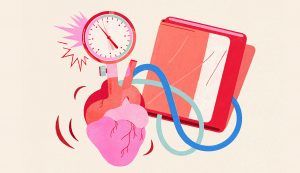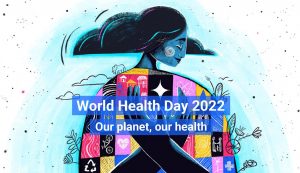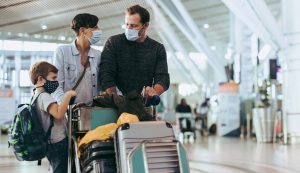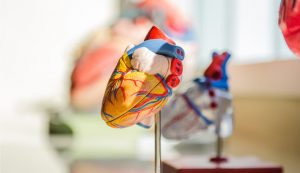
Extreme Weather and Your Heart: What You Need to Know When It Gets Really HOT!
Anyone can suffer heat stroke, but people with heart disease and other cardiovascular diseases are at greater risk. If you have heart disease, your heart


Anyone can suffer heat stroke, but people with heart disease and other cardiovascular diseases are at greater risk. If you have heart disease, your heart

Knowing your blood pressure is a basic part of good health. But monitoring it at home can get complicated. “It sounds easy – you buy

Congenital heart defects may be much more common among children of women with heart defects than of men with heart defects, according to new research.

Are we able to reimagine a world where clean air, water and food are available to all? Where economies are focused on health and well-being?

Is it safe to travel? Even with vaccine distribution fully underway, the CDC still warns against non-essential traveling because travel increases your chance of getting

The 2021 Coronary Artery Revascularization Guideline updates recommendations based on new evidence for when to do a procedure or surgery to open heart arteries, how,

Dr. Alizadeh Ghavidel’s Advanced Cardiac and Vascular Surgery Center was established in 2020 with the motto “The Best Service for Everyone” to provide cardiac surgery services of the highest quality to patients.
Services at this center are offered with the utmost quality to ensure patient satisfaction and create a calm and comfortable environment for them.